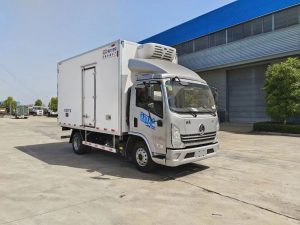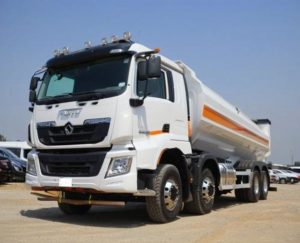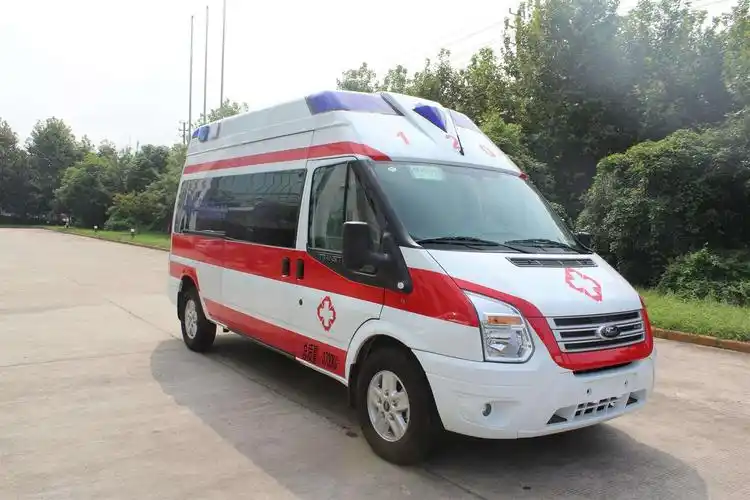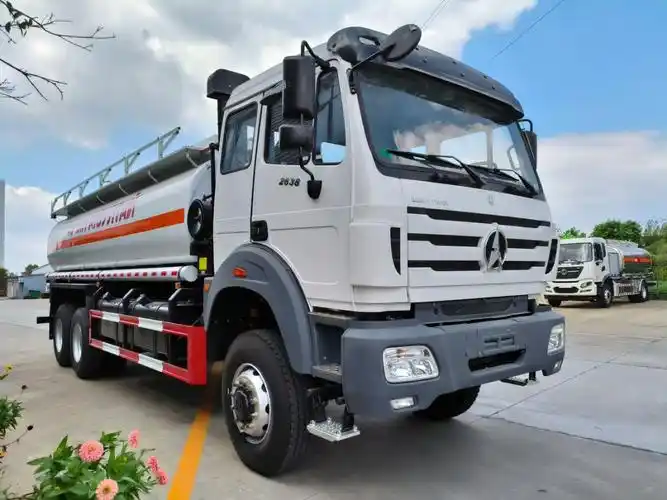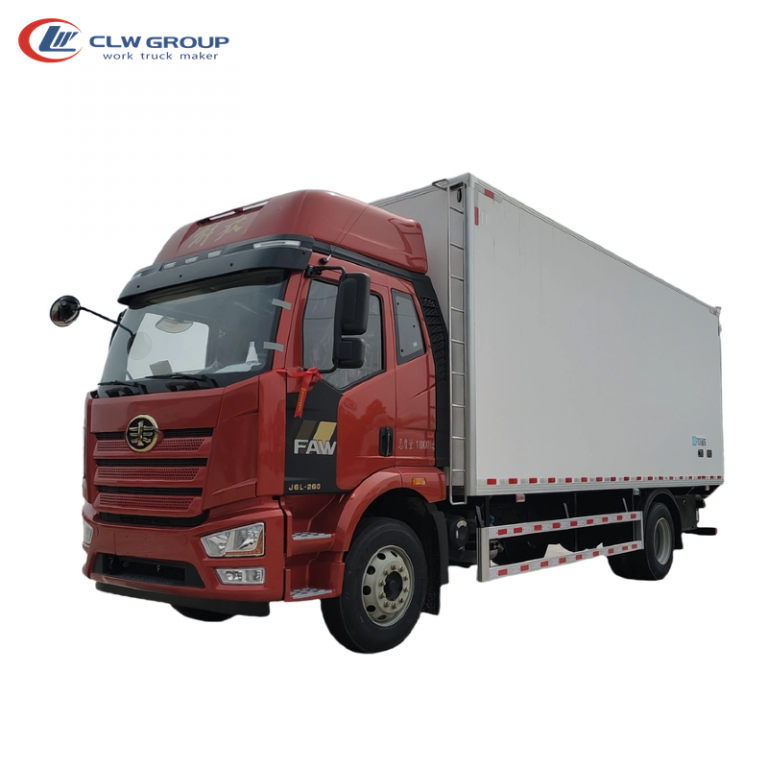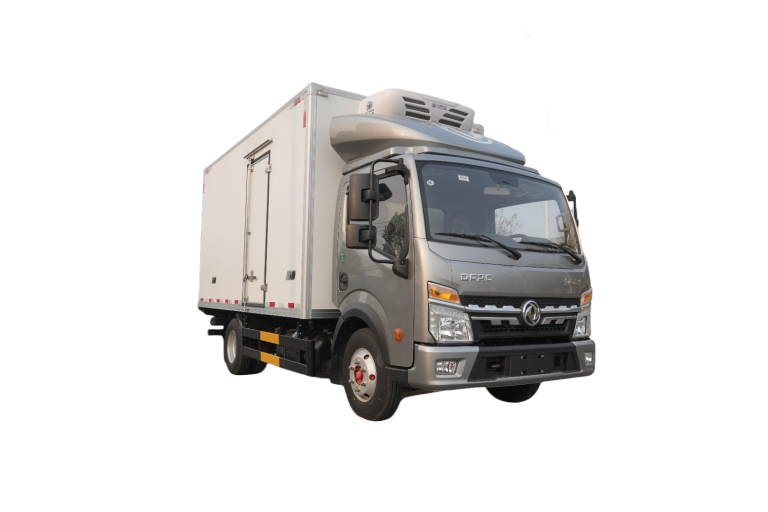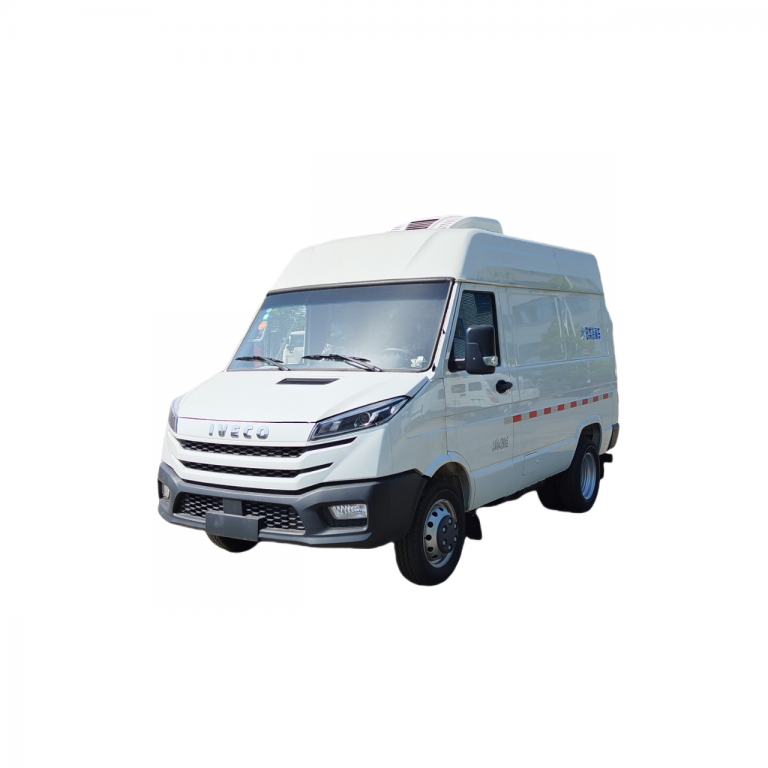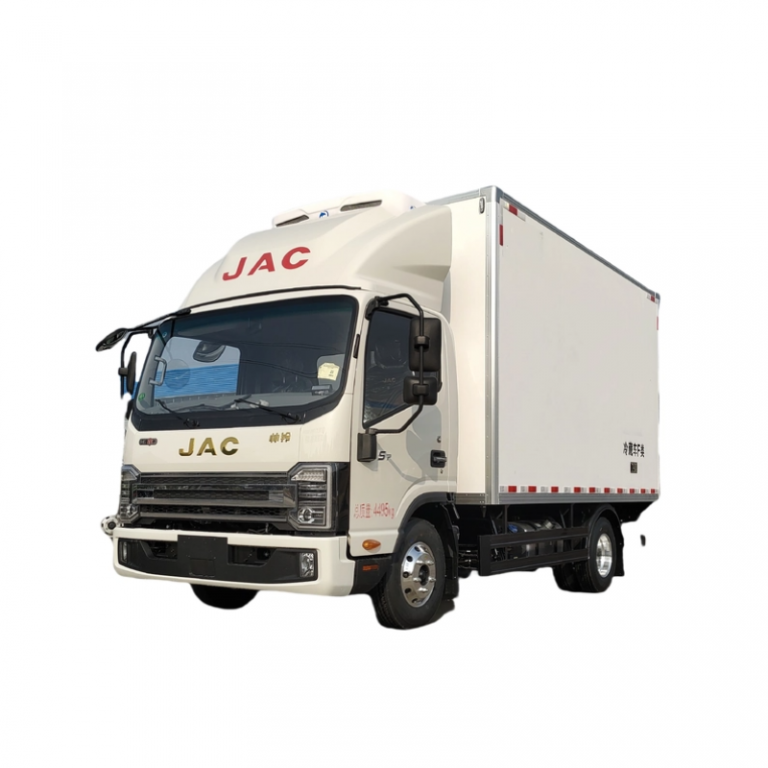Table of Contents
Toggle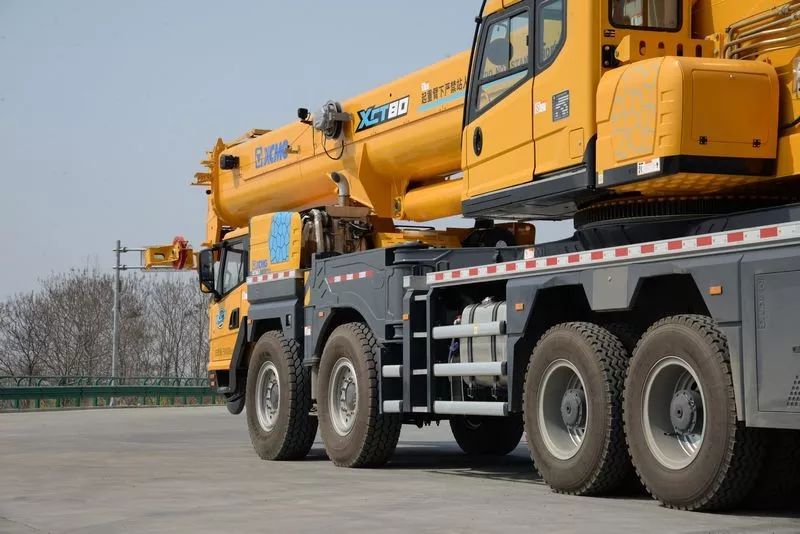
When it comes to construction sites, big projects, or even large-scale events, there’s one vehicle that stands out as a versatile powerhouse: the crane truck. This mighty machine is like the Swiss Army knife of heavy lifting. If you’ve ever wondered what makes crane trucks so indispensable, you’re in for a treat. Grab a cup of coffee, sit back, and let’s dive into the world of crane trucks.
What is a Crane Truck?
Alright, let’s start with the basics. A crane truck, sometimes called a truck-mounted crane, is essentially a heavy-duty truck equipped with a crane. Think of it as a transformer that has swapped out its arms for a powerful hydraulic lifting system. These machines are used to lift and move heavy loads, making them crucial for various industries including construction, logistics, and even film production.
Types of Crane Trucks
Now, not all crane trucks are created equal. Just like there are different types of coffee for different moods, there are various types of crane trucks designed for specific tasks.
Telescopic Crane Trucks
Telescopic crane trucks are the chameleons of the crane world. They feature extendable booms that can reach impressive heights. These are perfect for jobs that require versatility and precision. Think of them as the long-reach specialists.
Rough Terrain Crane Trucks
Imagine a vehicle that laughs in the face of uneven ground and rocky landscapes—that’s the rough terrain crane truck for you. Built with massive tires and robust suspension systems, these cranes are designed to operate in challenging environments.
All-Terrain Crane Trucks
If rough terrain cranes are the rugged adventurers, then all-terrain crane trucks are the luxury SUVs of the crane world. These bad boys can handle both rough terrain and smooth highways with equal ease. They’re the best of both worlds.
Loader Crane Trucks
Loader cranes, or knuckle-boom cranes, are compact yet incredibly powerful. They’re like the bodybuilders of the crane truck family, often used for loading and unloading heavy materials from the truck itself.
Key Components of a Crane Truck
Alright, let’s pop the hood—figuratively speaking—and see what makes these machines tick. A crane truck is a complex piece of engineering, but it can be broken down into some key components.
The Boom
The boom is the long arm that does all the heavy lifting. Depending on the type of crane truck, this could be telescopic or articulated.
The Hydraulic System
This is the lifeblood of the crane truck. The hydraulic system powers the boom, allowing it to lift heavy loads with ease.
Outriggers
Stability is crucial when you’re lifting tons of material. Outriggers are extendable legs that provide balance to the crane truck, preventing it from tipping over.
The Operator’s Cab
This is where the magic happens. The operator’s cab is equipped with controls and displays that allow the operator to maneuver the boom with precision.
Applications of Crane Trucks
So, where do these incredible machines come into play? You’d be surprised at how many industries rely on crane trucks.
Construction Sites
This one’s a no-brainer. From lifting steel beams to positioning concrete slabs, crane trucks are indispensable in construction.
Logistics and Warehousing
Ever wondered how those massive shipping containers get moved around? Yep, crane trucks are often involved in logistics operations as well.
Film and Television Production
Believe it or not, crane trucks are sometimes used in film and TV production to lift heavy set pieces or even camera rigs for those jaw-dropping aerial shots.
Emergency Services
In rescue missions involving collapsed buildings or vehicles trapped in precarious positions, crane trucks can be lifesavers—literally.
Safety Considerations
Operating a crane truck isn’t child’s play. It requires skill, training, and an unwavering commitment to safety. Here are some key safety considerations:
Regular Inspections
Just like you wouldn’t drive a car with faulty brakes, a crane truck needs regular inspections to ensure everything is in working order.
Proper Training
Operators must undergo rigorous training to handle these machines safely. It’s not just about knowing how to operate the controls; it’s about understanding the physics and mechanics involved.
Load Limits
Every crane truck has a maximum load capacity. Exceeding this limit is not just dangerous—it’s downright reckless.
Environmental Impact
Now, let’s touch on something that’s becoming increasingly important: the environmental impact of crane trucks. Like any heavy machinery, they have their downsides in terms of fuel consumption and emissions. However, advancements in technology are paving the way for more eco-friendly options.
Maintenance Tips for Crane Trucks
Keeping a crane truck in top-notch condition requires regular maintenance and care. Think of it like taking your pet to the vet—routine check-ups can prevent major issues down the line.
Daily Inspections
Before starting any job, conduct a thorough inspection. Check hydraulic fluid levels, tire conditions, and look for any visible damage or wear and tear.
Scheduled Servicing
Just like cars need oil changes, crane trucks require periodic servicing to keep all mechanical parts in optimal condition. Follow the manufacturer’s guidelines for scheduled maintenance.
Lubrication is Key
Ensure all moving parts are well-lubricated. This reduces friction and wear, prolonging the lifespan of your equipment.
Innovations in Crane Truck Technology
The future looks bright for crane trucks with several technological advancements on the horizon. Picture this: autonomous cranes operated via remote control or even AI-driven systems that can execute lifts with pinpoint accuracy.
Remote Control Operation
Imagine operating a crane truck from a safe distance using a joystick or even a smartphone app. Remote control technology is making this possible, adding an extra layer of safety for operators.
AI and Machine Learning
Artificial Intelligence is revolutionizing many industries, and crane trucks are no exception. AI can assist in planning lifts, predicting maintenance needs, and even operating autonomously under supervision.
Why Choose a Crane Truck Over Other Lifting Equipment?
You might be wondering why one would opt for a crane truck instead of other lifting equipment like forklifts or stationary cranes. Here’s why:
Mobility
Crane trucks offer unmatched mobility. They can travel on roads just like regular trucks, making them ideal for projects that span multiple locations.
Versatility
From construction sites to emergency rescue missions, crane trucks can handle a wide variety of tasks that other lifting equipment simply can’t match.
Speed and Efficiency
Setting up stationary cranes can be time-consuming. In contrast, crane trucks can arrive on-site and be ready to operate in minutes, saving valuable time.
The Economic Impact of Crane Trucks
Crane trucks don’t just make life easier; they also have a significant economic impact. By streamlining operations and reducing labor costs, they contribute to more efficient project completion times and lower overall expenses.
Conclusion
So there you have it—a comprehensive look at crane trucks, the unsung heroes of many industries. From their different types and key components to their myriad applications and future potential, crane trucks are truly fascinating machines. Next time you see one in action, you’ll have a newfound appreciation for what goes into making those colossal lifts look so effortless.
FAQs
1. What is the maximum load a typical crane truck can lift?
The maximum load capacity varies depending on the type and model of the crane truck but generally ranges from 10 to 300 tons.
2. How often should a crane truck be inspected?
Regular inspections should be conducted before each use and more comprehensive checks should be done monthly or quarterly depending on usage.
3. Can anyone operate a crane truck?
No, operating a crane truck requires specialized training and certification to ensure safe operation.
4. Are there electric crane trucks available?
Yes, advancements in technology have led to the development of electric-powered crane trucks that are more environmentally friendly.
5. What industries benefit most from using crane trucks?
Construction, logistics, warehousing, film production, and emergency services are some of the primary industries that benefit from using crane trucks.

